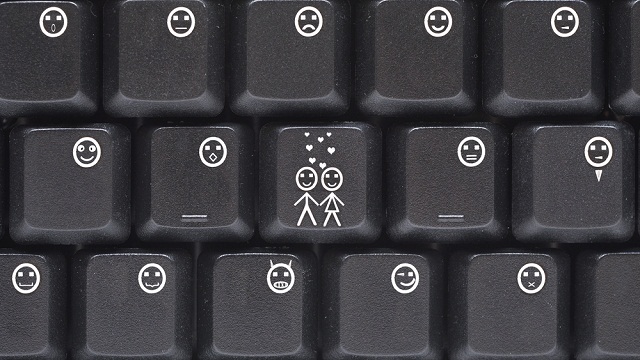Why an App or a DVD Probably Won’t Make You a Genius

What’s the Big Idea?
Second only in vulnerability to the newborn baby is the new parent. This pathetic creature, no matter how many higher degrees it may possess, is a target for every silver-tongued huckster with a more cuddly (or less cuddly, but suffocation-risk-free) crib mattress or blankie to sell.
With recent advances in neuroscience and first-world pressures to compete in a tumultuous global marketplace, the new snake oils are mobiles, apps, DVDs, and ambient sound objects designed to make your baby smarter. In response to the staggering number of pre-natal and early post-natal media products flooding the market, the American Academy of Pediatrics has issued a blanket moratorium on “screen time” before the age of 2.
When it comes to child development, though, the trouble is that it’s incredibly difficult to study the effects of this or that on little Johnny’s future with any real accuracy. Most of the psychological studies that result in notions like “Mozart makes kids better at math” are performed in short-term lab experiments. Johnny is exposed to Mozart. Ralph is not. Then they solve math problems. The trouble with this is that a) what’s considered a “statistically significant” positive effect of Mozart on math ability does not = M.I.T.–grade genius and b) a short term study tells us nothing about whether Johnny’s minutely enhanced math powers will remain six weeks after listening to Mozart.
When it comes to child development, the gold standard is the longitudinal study – one that follows a specific group of children for a number of years, in some cases into adulthood. It is on the basis of such a study, by Nobel Laureate economist James Heckman, that President Barack Obama was able to claim recently that “high quality preschool” saves society an average of $7 for every $1 spent per child.
But longitudinal studies are expensive, and, in the case of “screen time” (time spent watching tv or playing with computing devices), difficult to execute. Let’s say you follow ten children from birth to age 20. Five of them are allowed unlimited screen time at any age by their parents. The other five, none at all. Assuming a significant number of the children don’t drop out of the study (something that happens often in longitudinal research), how could you isolate “screen time” as a causal factor from the myriad other, poorly understood developmental factors affecting those kids? Their personalities. Differences in parental style. Diet. Psychologists often try to filter out the “noise” through complex statistical analysis, but how reliable can this really be when you’re dealing with ill-defined factors like personality?
In short, we know very little for certain about how TV or iphones affect children at any age, for better or worse.
Not that any of that stops journalists or toy manufacturers from latching onto this or that bit of correlation and transforming it into something that sounds very much like causation (i.e. “car horns may be giving your baby an anxiety disorder”) – because whether you’re Toys ‘R Us or the New York Times, such claims are good for business.
What’s the Significance?
One of the few developmental factors about which psychologists are increasingly certain, however, is self-control. Several longitudinal studies of self-control, including, most famously, the “Stanford Marshmallow Experiment” have demonstrated convincingly that kids who can delay gratification – by saving a marshmallow for later, for example – fare better than others in later life on multiple measures of success and well-being.
Princeton neuroscientist Sam Wang, author of Welcome to Your Child’s Brain, argues that the importance of self-control is sufficient reason to keep your baby and toddler away from Baby Einsteinand its competitors:
One insidious quality to baby DVD’s is that they’re designed to hold the baby’s attention. So these videos often have colorful images, moving images, quick cuts, all these are things that are designed to draw a baby’s attention. But these are also shown to babies at a time when they are learning to control their attention.
Wang’s concern is that prolonged exposure to videos designed to capture their attention for extended periods may interfere with the crucial developmental task of learning self-control, which begins with learning to focus your attention consciously and selectively – on a rattle, for example.
The idea of screentime for newborns is a relatively new one, so studies on the effects of educational apps or DVDs on children’s self-control are few in number. But in 2009 a lawsuit prompted Baby Einstein (owned by Disney) to offer a mass refund to parents whose babies did not become “little Einsteins” or Mozarts as a result of its products.
Advances in neuroscientific technology (and in technology generally) are happening so quickly that it’s easy to get swept up in the excitement (and terror) and lose sight of just how much we don’t know. And what we don’t know, when it comes to children and screen-based learning, is quite a lot. This is true, too, for us grownups and the cognition-enhancing productsthat have already begun flooding our inboxes.
It’s a brave new world. Caveat emptor.
Follow Jason Gots (@jgots) on Twitter





